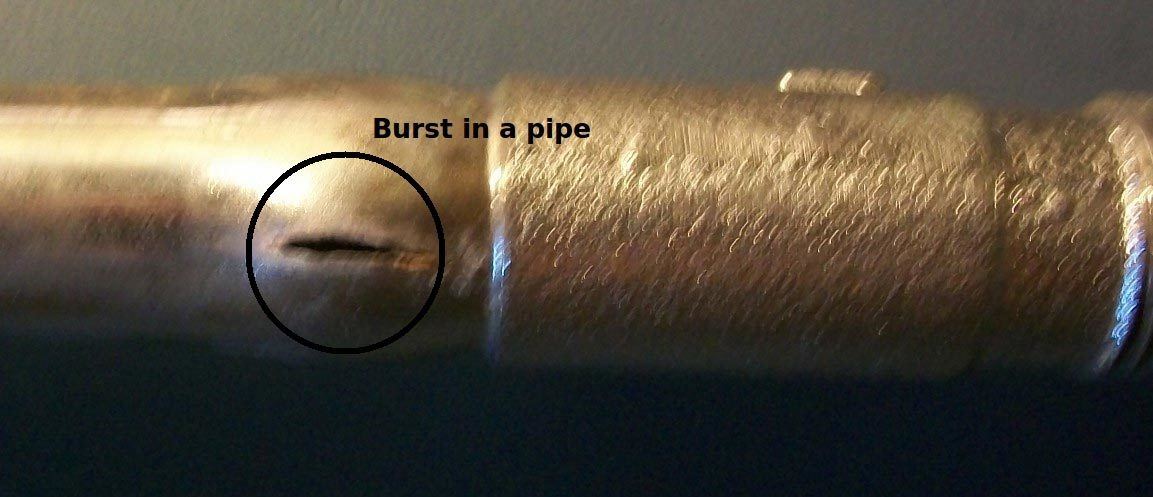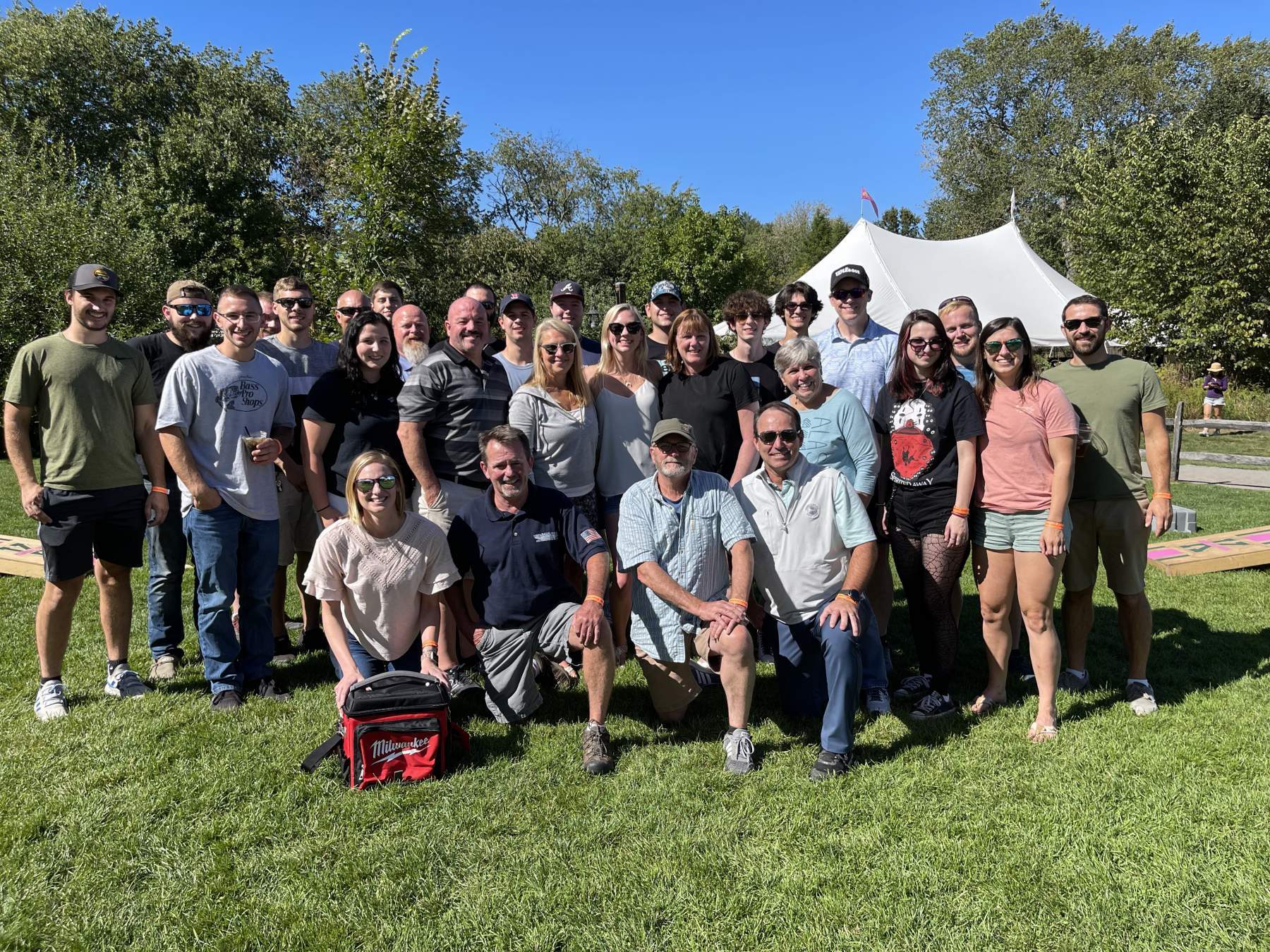With one of the coldest winters on record and several months to go until spring, one of the biggest worries New England home owners have is frozen pipes. Not only does a situation like this wreak havoc because it prevents water flow, but if not addressed right away, you could end up with further damage and expense from a burst pipe. A crack as small as 1/8 of an inch can potentially leak up to 250 gallons of water each day, resulting in flooding, structural damage and the possibility of dangerous mold.
The good news is, there are certain things home owners can do to prevent these costly situations from occurring in the first place. Let’s take a look.
What causes a pipe to freeze?
When the water inside a pipe freezes, it expands, which puts pressure on the pipe itself. Any pipe that is exposed to severe cold, such as the extreme bone-chilling weather we’ve been experiencing in Massachusetts, is susceptible to freezing. This includes water supply pipes located in unheated areas of your home, such as an attic, basement, garage or crawl space. Additionally, any pipes located near exterior walls where there is little to no insulation may also freeze.
The main causes of frozen or burst pipes include:
- Rapid drops in temperature
- Poor insulation
- Thermostats that are set too low
How to Prevent Frozen Pipes
As heating experts, we’ve seen our fair share of frozen pipes over the years. It’s always better to take an offensive stance and try to head these disasters off at the pass. Doing so may take a little extra effort up front, but the time, aggravation and money you’ll save in the long run will be well worth it. To prevent ice from forming in your pipes due to extreme temperatures, we recommend you do the following:
- Shut off and drain all pipes leading to outdoor water sources, such as faucets, water sprinkler lines or pool supply lines.
- Ensure that all unheated areas of your home are properly insulated. Be sure to check hidden areas, such as the attic and crawl spaces. Any exposed pipes may be susceptible to freezing.
- Promptly repair any ill-fitted doors, broken or drafty windows or other issues that allow freezing air to come in and/or heat to escape.
- Look for any air leaks near where piping is located, such as dryer vents or around electrical wiring. Use caulk or insulation to keep the cold air out.
- Keep all exterior doors tightly closed, even if they aren’t located in the immediate vicinity of pipes.
- Maintain an interior heat temperature of at least 60°F at all times. It is more costly to fix a freeze up than to keep your home heated to a safe temperature when it is extremely cold .
- Put faucets on a tiny trickle of warm water.
- Avoid turning down the heat at night to prevent further drops in temperature from freezing pipes during the nighttime hours.
- Keep cabinet doors open to allow heat to flow near un-insulated pipes, such as underneath sinks.
- If you plan on going away during a period of colder weather, we recommend you leave your thermostat set to at least 60ºF while you’re gone so you don’t come home to any unexpected surprises.
What to Do if Your Pipes Do Freeze
Sometimes, despite our best efforts, a pipe will still end up frozen. The quicker you respond and address the problem, the less likely it will be to burst. Here’s what we recommend:
- If you try to turn your faucets on and no water comes out, leave them turned on.
- You may be able to thaw a frozen pipe by applying hot air from a handheld hair dryer. Start with the area closest to the faucet and work your way toward the colder sections of the pipe.
- Never attempt to thaw a frozen pipe with a torch or other flame, as it could result in a fire, as well as potential carbon monoxide poisoning.
- If a frozen pipe does burst and your home or basement becomes flooded, turn off the water via the main shutoff valve and leave your faucets turned on.
Last, but certainly not least, call an experienced professional. Wilson Brothers offers emergency service for our Service Contract Customers to handle any issue that may arise with your heating system. Just pick up the phone and call 978-433-5373 – we’ll be there when you need us.








